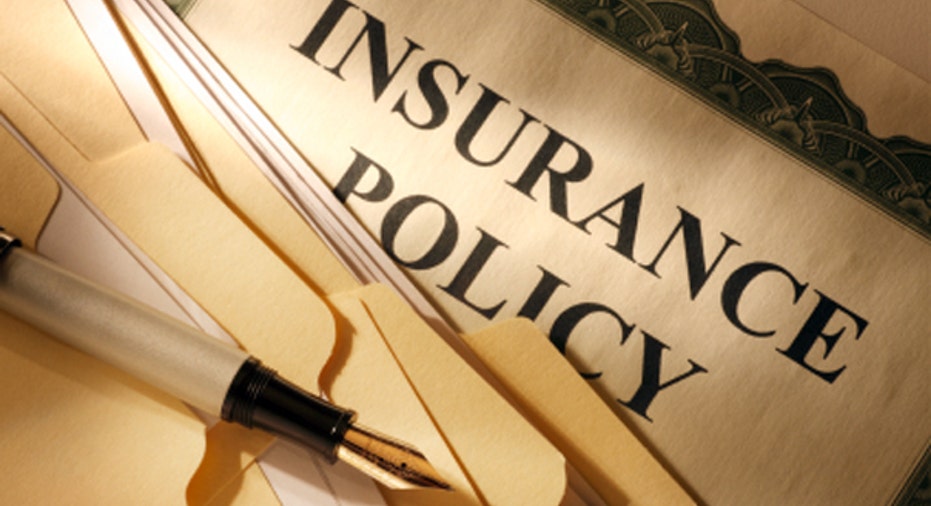When Your Power is out Does Homeowners Insurance Kick in?

At best a power outage is a minor inconvenience that gives the family a chance to eat by candlelight and the kids an opportunity to discover a world away from the TV and computer.
But power failures that last for days wreak havoc, especially in the dead of winter or at the peak of a summer heat wave. Whether homeowners insurance covers the consequences of a power outage depends in part on how the outage occurred, where you live and the fine print of your home insurance policy. (See: "Hurricanes and insurance: 5 must-know facts.")
Generally, the likelihood of coverage is greater if the outage is a direct result of a problem that occurred on your property, such as a lightning strike or fallen tree, than if the outage is the result of a widespread blackout, says David Colmans, executive director of the Georgia Insurance Information Service.
Home insurance companies vary in how they handle coverage for power outages, and even policies from the same company differ. Home insurance coverage also varies by state.
"You need to talk to your insurance agent or company to make sure of what's in your policy," Colmans says.
Generally here's how home insurance would come into play in the following four scenarios:
1. Food in the freezer and refrigerator spoiled.
Standard home insurance policies generally cover food spoilage if the outage occurred as a result of direct damage to the home. Say, for example, a tree falls on your house, damages the roof and takes out the power line. Under a standard home insurance policy with Amica Insurance, the spoiled food from the power outage and the damage to the roof would be part of one claim, says Lisa St. Onge, an Amica Insurance Claims Executive Department assistant vice president. The sum of the losses would count toward the deductible. (See: "Will my homeowners insurance cover falling trees?")
Generally there is no coverage for food spoilage under a standard policy if the outage originated off your property. However by paying a higher premium, you can obtain coverage for food spoilage through an endorsement -- a policy add-on. St. Onge says an endorsement is available from Amica that would provide up to $500 in coverage for food spoilage from any type of power failure, with a deductible of $100.
Greg Brault, a spokesperson for American Family Insurance, says his company's typical "Gold Star" homeowners policy provides up to $500 in coverage for refrigerated products. In Georgia and Washington, the limit is $1,000. The deductible does not apply.
2. You stay at a hotel until the power is restored at home.
Home insurance includes a benefit called "additional living expenses," which pays for the cost to live somewhere else while your home is uninhabitable.
Typically this coverage kicks in if your home is badly damaged by a covered loss, such as a fire or windstorm. A widespread power outage that causes no damage -- only inconvenience -- wouldn't meet the requirements for additional living expenses coverage.
3. Electronics are fried.
Damage by lightning is generally covered under standard home insurance policies, and electronics damaged by power surges that are the result of lightning strikes are covered under some policies, according to the Insurance Information Institute.
Whether electronics are covered by power surges from other causes depends on the policy. St. Onge says. Some components may be covered, and some might not be covered. The best thing to do is talk to your insurance representative.
Brault says American Family home insurance generally covers common home electronics, such as televisions, stereos and DVD players for damage from power surges up to $1,200 per item. Computers and their data storage devices do not have the $1,200 per item limit, he says. (See: "It's not your father's insurance: coverage for the modern man.")
4. Frozen water pipes burst.
Damage from burst water pipes that freeze as a result of a power outage would be covered, St. Onge says.
Before winter sets in, take steps to prevent plumbing disasters. The Insurance Information Institute recommends installing an emergency pressure release valve to protect the plumbing system from increased pressure caused by frozen pipes. This can help prevent the pipes from bursting. Also, locate the pipes and figure out how to shut the water off now, so you can give good directions to the plumber if the pipes freeze in the winter. The faster you shut off the water after the pipes freeze, the better your chances of preventing a water disaster.
The original article can be found at Insurance.com:When your power is out does homeowners insurance kick in?



















